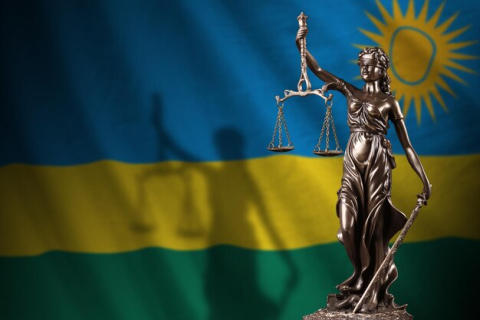Pearl Eliadis on the Role of Human Rights Commissions in Post-Genocide Rwanda | Global Justice Journal

June 2025 | Pearl Eliadis recently authored a journal article published in the Global Justice Journal by Queen’s University Faculty of Law comparing the post-genocide roles of Rwanda’s National Unity and Reconciliation Commission (NURC) and National Human Rights Commission (NHRC), both established under the 1993 Arusha Accords but with markedly different approaches. The NURC was closely controlled by the government and focused on promoting national unity through civic education and social programs. However, it often shut down discussion of ethnic identity and supported a narrow, government-driven view of reconciliation. In contrast, the NHRC had more formal independence and, despite early challenges with staff and resources, gradually became more assertive. It investigated human rights violations, including illegal arrests, mistreatment by security forces, and abuses tied to government policies. Although the NHRC avoided directly criticizing authoritarian laws like the anti-divisionism law, it still spoke out in important cases, even when doing so carried political risk. The article argues that while the NHRC was not free from government influence, its record shows more independence and complexity than scholars have often recognized, and it deserves more careful study.